During the weeks leading up to the giving of the Torah, we study the ethics of our fathers.
Hillel the elder said, “If I am not for myself, who is for me.”
Every human being appreciates and yearns for approval. We naturally desire to hear good things about ourselves and to have our feelings of worth confirmed. However, those totally dependent on the approval of others for a sense of self worth are a different story.
A simple analogy will explain the difference. We all need oxygen in order to survive. A healthy person derives sufficient oxygen from breathing air. Someone with an impairment of the heart or lungs may require constant inhalation of pure oxygen, and any interruption may cause serious damage and even death.
In usual daily activities, we generally obtain affirmation of ourselves via two routes: our own accomplishments and the love, recognition and appreciation that we receive from family and friends. Together they provide us with an adequate feeling of self worth. For a person whose ego is seriously impaired and who feels inwardly impoverished, there is a constant need for outside approval and this places the fragile ego in jeopardy. Even momentary lapses may not be tolerable.
Hillel said it well, “If I do not have a good feeling about myself there is no one that can give it to me.” This means that total dependency on external sources for affirming self-worth is unrealistic. The supply can never meet the demand.



